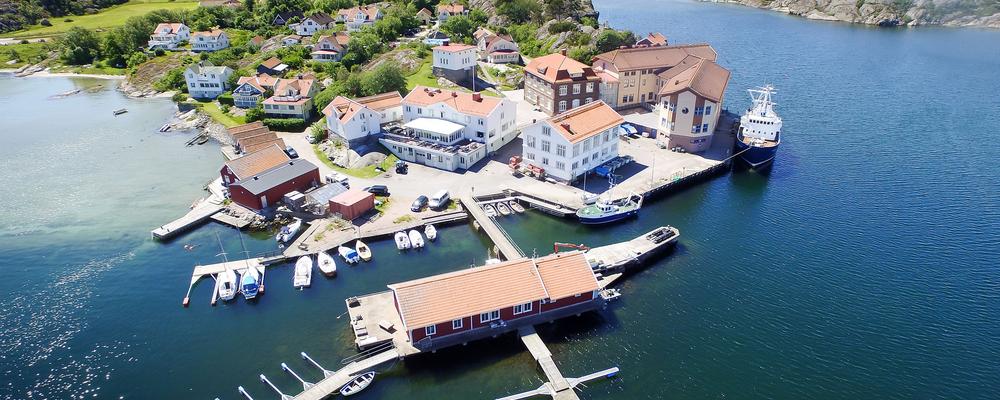“The agreement is proof of Kristineberg’s strengths and unique position within marine research,” says Eva Wiberg, Vice-Chancellor for the University of Gothenburg. The five partners are demonstrating that marine research, innovation and sustainable oceans and coasts are a global challenge that we are investing in.
Many different types of projects within a series of marine areas are conducted at Kristineberg. Some include developing new materials and foods from the sea. Others deal with the climate’s impact on marine life and include both underwater robots and digital technologies.
Expanded resources for marine research and innovation
Through the new agreement, the partners will work together to develop the research and innovation environment based on society’s needs and in coordination with other environments.
Kristineberg Center will offer research infrastructure, testing and demonstration facilities and laboratories, and opportunities for meetings, courses and workplaces. It will be an open and inclusive marine research and innovation environment for academia, courses, companies, public sector, organisations and individuals. The idea is that mutual influence breeds ideas and leads to new knowledge and new collaborations.
“It is difficult to succeed as an individual organisation. Success requires multiple groups working together and leveraging proximity to one another and joint infrastructure,” says Eva Wiberg.
Will become a leader in Europe
The five-year agreement between the parties designates the University of Gothenburg as the host of the Kristineberg Center. It will be organised as a national research infrastructure, where multiple parties collaborate on governance and planning, something that also enables more public organisations to participate.
“I am very optimistic. The goal is for Kristineberg Center to become one of Europe’s leading marine research and innovation environments,” says Eva Wiberg.
Kristineberg Center will also contribute to strengthening development of a sustainable blue economy and increasing the attractiveness and competitiveness of Sweden.
Contact: Göran Hilmersson, dean at the Faculty of Science, University of Gothenburg, 0766-22 90 22, goran.hilmersson@gu.se
